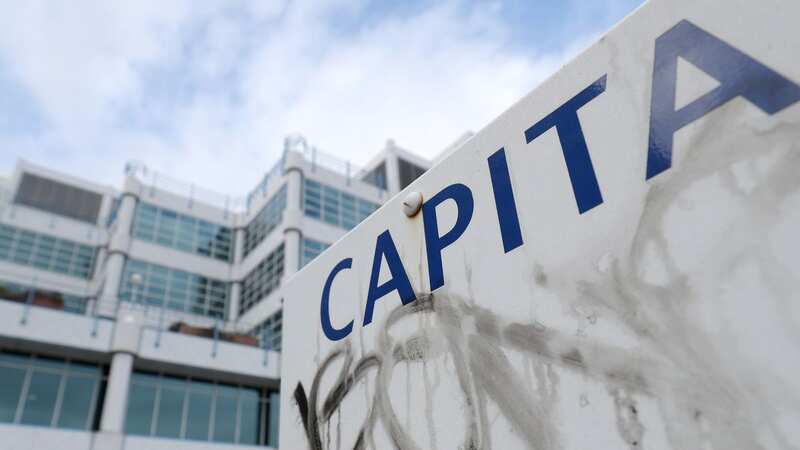Capita warns of further job cuts as it reveals 'rapid' £100m cost-saving plan

Outsourcing giant Capita has hinted at more job cuts as it plans to save another £100 million after reporting an annual loss.
The company, which works a lot with the Government and local councils, is moving forward with a quick plan to cut costs. This comes after they reported a loss of £107 million for 2023 due to lower revenues and a £25 million loss from a cyber attack.
The firm, which has about 47,000 workers, aims to save another £100 million per year by mid-2025. Capita is already cutting around 900 jobs as part of a plan to save £60 million each year, announced last November.
It's thought that this new plan to save money could mean more job losses, but Capita hasn't said where these savings will come from. More information on the plans will be shared in June.
Shares in the company, which collects the licence fee for the BBC and recruits for the Army, dropped by about a fifth on Wednesday morning. This was because the results were worse than expected and the company warned that its revenues are unlikely to increase over 2024. They expect revenues to be "broadly in line" with last year.
 EastEnders' Jake Wood's snap of son has fans pointing out the pair's likeness
EastEnders' Jake Wood's snap of son has fans pointing out the pair's likeness
Capita's new boss, Adolfo Hernandez, has said: "We need to deliver a rapid reduction in our cost base and are on track to deliver the net £60 million annualised cost savings, from the first quarter of 2024, as announced in November. Today we are announcing further material efficiency improvements of £100 million to improve our competitive position. I look forward to sharing more details on Capita's future strategy in June."
The company had a tough time last year with pre-tax losses following a profit the year before. Their money taken dropped by 6.6% to £2.8 billion. It was also sent into the red by a £25 million cost of a cyber attack last year when hackers breached its systems and were able to access the personal data of some staff and clients.
Capita is not only letting go of workers but also closing offices. They shut down 19 places and joined up another 14 last year because more people are working from home now. By doing this, they've managed to cut down the space they use for offices by nearly one-third in three years.
Read more similar news:
Comments:
comments powered by Disqus































